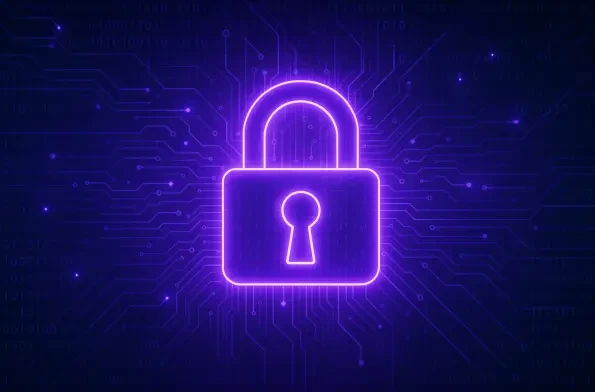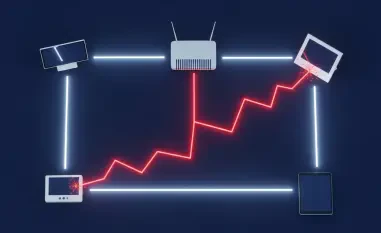In a significant lapse in cybersecurity, healthcare industry service providers face an alarming rise in cyber threats, as illustrated by the recent data breach at Episource, a medical billing company impacting over 5.4 million individuals in the United States. Detected on February 6, 2025, the breach exposed a trove of sensitive information, with cybercriminals potentially accessing and copying it over ten days. The stolen data included personal identifiers such as names, addresses, phone numbers, and email addresses, alongside more critical details like Social Security numbers, birth dates, insurance records, and medical files. This incident has intensified discussions within the industry regarding data security and the apparent shift in cybercriminals’ focus from direct healthcare providers to ancillary firms like Episource, which manage vast amounts of Protected Health Information (PHI).
Cybercriminal Focus on Third-Party Targets
The Episource breach underscores a concerning shift in cybercriminal tactics, moving from targeting primary healthcare facilities to exploiting third-party service providers. Third-party entities, such as medical billing companies, offer a backdoor to PHI, making them particularly appealing to cybercriminals due to fewer defenses and oversight compared to larger healthcare institutions. The exploitation of these vulnerabilities enables hackers to extract data that can fuel fraudulent activities, identity theft, and even blackmail, given the wealth and sensitivity of PHI. This shift demands immediate attention, as the potential for prolonged exploitation of such data heightens the risk for those affected. In this breach, the incident’s origin was tied to a sophisticated ransomware attack, which laid bare the vulnerabilities within healthcare-associated networks. Cybersecurity experts emphasize the attractiveness of healthcare systems to hackers due to multiple entry points and numerous vulnerabilities, urging entities to bolster their defenses against such breaches.
Response and Remediation Efforts
In response to the breach, Episource proactively offered affected individuals complimentary identity protection services and credit monitoring to mitigate potential fallout. While these steps provide immediate relief, they underscore a deeper issue within healthcare’s cybersecurity framework, where traditional measures might fall short. Industry leaders are advocating for a strategic overhaul to incorporate robust cybersecurity practices tailored to the healthcare sector’s unique demands. Specifically, the adoption of privileged remote access strategies can limit unauthorized network movements and enhance data protection. Furthermore, this breach has spotlighted the critical importance of comprehensive third-party risk management practices. With healthcare data commanding immense value on the black market, the onus is on firms to safeguard information through resilient cybersecurity protocols and continuous system improvements, thereby enhancing protection for millions of patients.
Calls for Enhanced Cybersecurity Measures in Healthcare
The breach serves as a wake-up call for healthcare entities to intensify their cybersecurity measures and ensure preparedness against data breaches. Organizations must invest in technological advances and security expertise to preemptively tackle cyber threats and comply with evolving regulatory demands. Beyond immediate responses, the focus should shift toward developing long-standing relationships with cybersecurity firms specializing in healthcare, enabling continuous assessment and re-evaluation of security measures. These strategic partnerships can help identify system weaknesses and devise tailored solutions to thwart potential cyber threats. As data breaches become increasingly sophisticated, healthcare providers must also emphasize employee training, raising awareness about cybersecurity best practices and phishing schemes. Building robust digital security infrastructures involves a holistic approach encompassing technological, procedural, and human elements.
The Necessity for Systemic Improvements
The breach at Episource signals a troubling trend in cybercriminal strategies, shifting their focus from primary healthcare facilities to vulnerable third-party service providers. These entities, including medical billing companies, present an attractive target for cybercriminals. They serve as a backdoor to access PHI and possess fewer defensive mechanisms than larger healthcare institutions. Such exploitation allows hackers to extract valuable data, which can be used for fraudulent activities, identity theft, or even blackmail due to the sensitive nature of PHI. This alarming trend requires immediate attention, as the potential for ongoing data exploitation poses significant risks for those affected. The breach was linked to a complex ransomware attack, highlighting weaknesses in healthcare-related networks. Cybersecurity experts stress the appeal of healthcare systems to hackers, who exploit numerous entry points and vulnerabilities. They thus urge these entities to strengthen their cybersecurity measures to prevent such damaging breaches.













